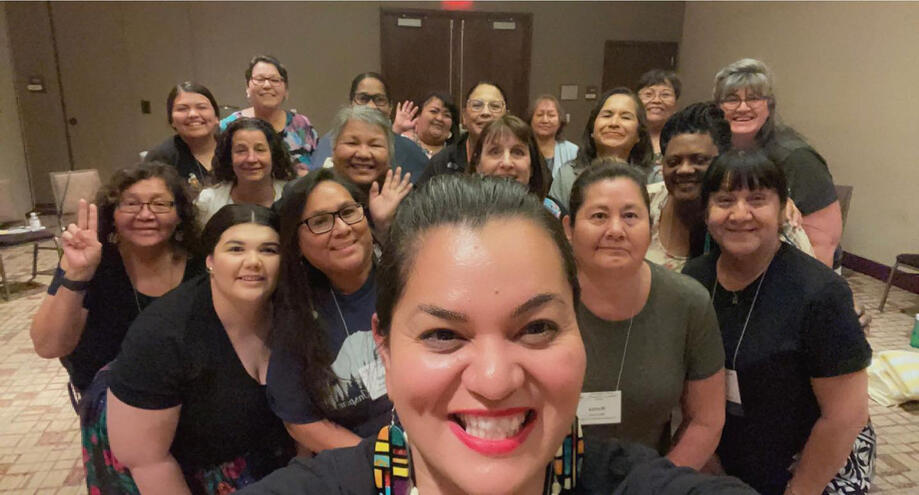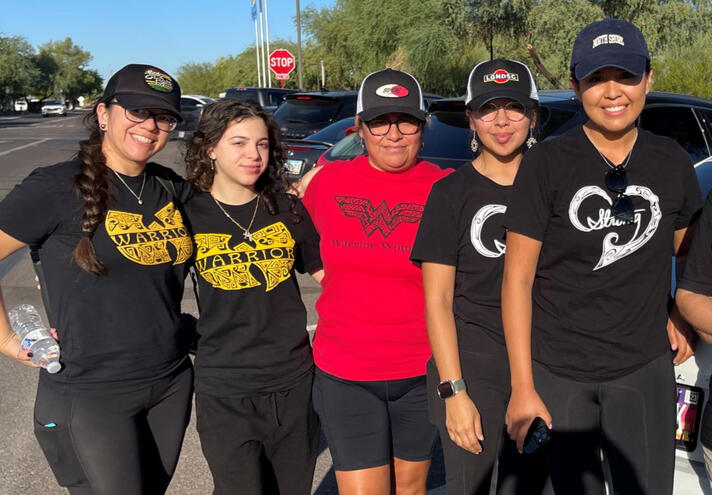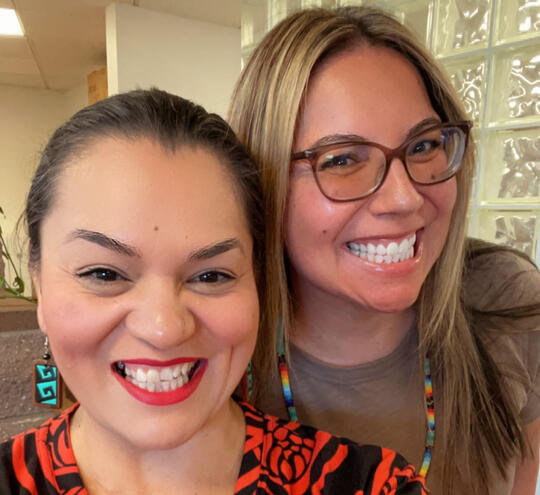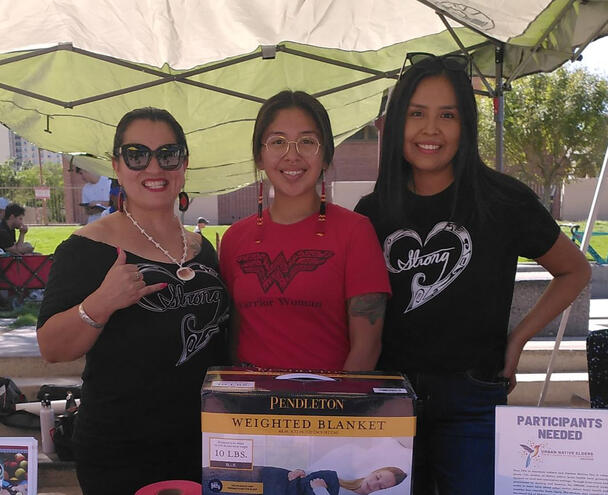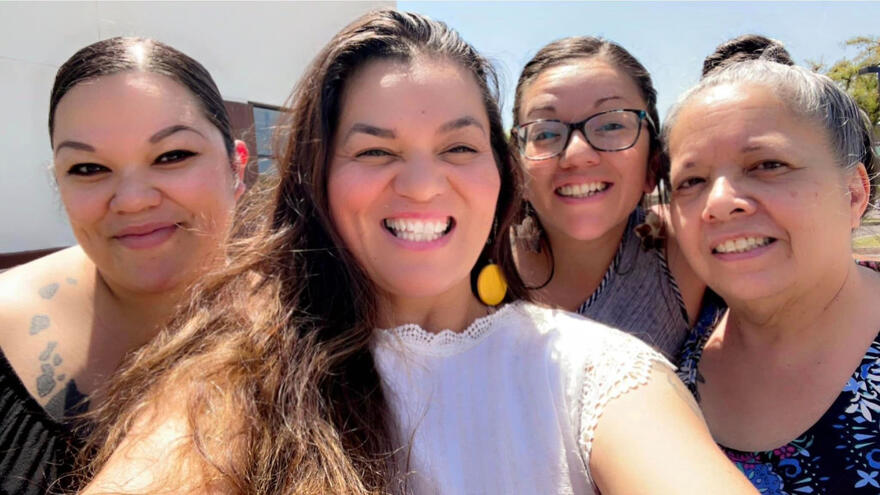
Studying HPV in Native EmpowHERment
We are learning ways to
end cervical cancer in our
Native Communities in Arizona.
Did you know that Native American women have the highest rate of Human Papillomavirus, a.k.a. HPV? White Hispanic and Native American women have the highest rates of cervical cancer in Arizona, with 8.4 cases per 100,000 women.
OUR STORY
OUR PURPOSE
We joined forces with MedStar / Strong Heart Study and NACP because we are committed to finding long term solutions to health disparities facing Native communities.
INTERESTED IN PARTICIPATING?
We are looking for Native American women within the age range of 18-49 years to join us.
Participants can expect to...
Complete health questionnairre
Provide self-collected vaginal samples using easy instructions in privacy
Participate three times over twelve months period
Repeat first two steps for a total of three times of participation
Receive a $25 gift card each time you participate
connect with us via
Want to know more?
Key Components of SHINE
Native Women Led culturally informed protocol developed by in-depth interviews conducted by and with indigenous women. Ensure acceptable methods to faclitate effective participation.
Focus Group Informed questionnaires that participants will complete to inform the research team of sociodemographic, cultural norms, individual and familial health history.
Correlations to Understand relationships between biological factors and socio-cultural components to better understand prevalence of HPV infection and cervical cancer.
Internal Review Board Approved the project at the University of Arizona.
Co-Leaders

University Co-Leads
Drs. Naomi Lee, Melissa Herbst-Kralovetz, and Paweł Łaniewski.
view publications ➜

Arizona Strong Heart Team
Cynthia, Jade, Chermiqua, Tanya, Natalie, Diane, Sharon, Sunny, Mary, and Celina.
view publications ➜
Topics
HPV / Cervical Cancer
While HPV, human papillomavirus, is the known etiologic agent of cervical cancer, few studies were conducted to estimate HPV prevalence within Native communities. Among those studies, it was reported that 22.2% of Native women from the Hopi reservation tested positive for HPV infection.Microbiome of the Vaginal Tract
The vaginal microbiome may contribute to the persistence and progression of cervical cancer.Long-term Commitment
Together we aim to develop a long-term structure to reduce cervical cancer by assessing the vaginal microbiome and HPV longitudinally across all southwest Native American communities.
Story

Our alliance was formed in 2021 as a joint research effort within The Partnership for Native American Cancer Prevention. As biomedical researchers, we have previously partnered with Tribal Nations in health research and community engagement. We have published and more importantly, established committed relationships to sustain long-term solutions in addressing the health disparities facing Indigenous communities in the South West.
Take a discount on your Carrd Page using code nativesshine at checkout.
